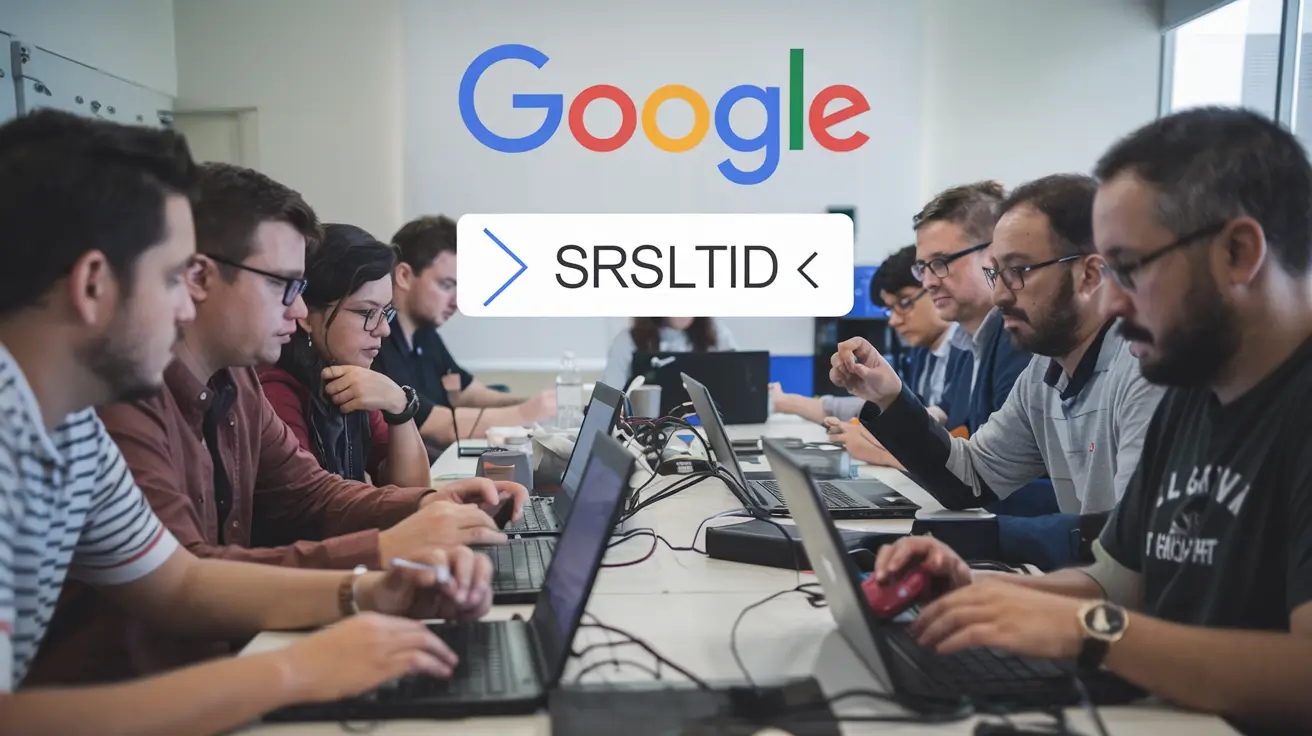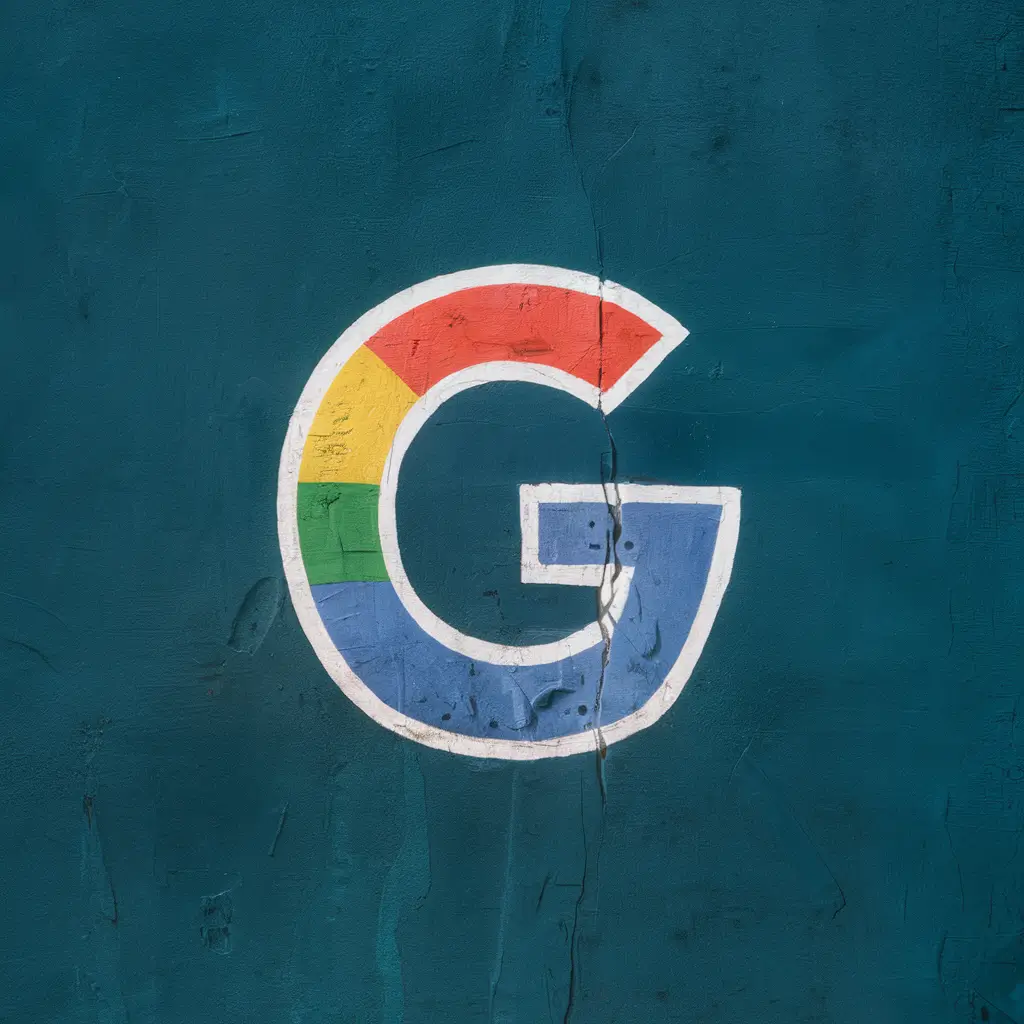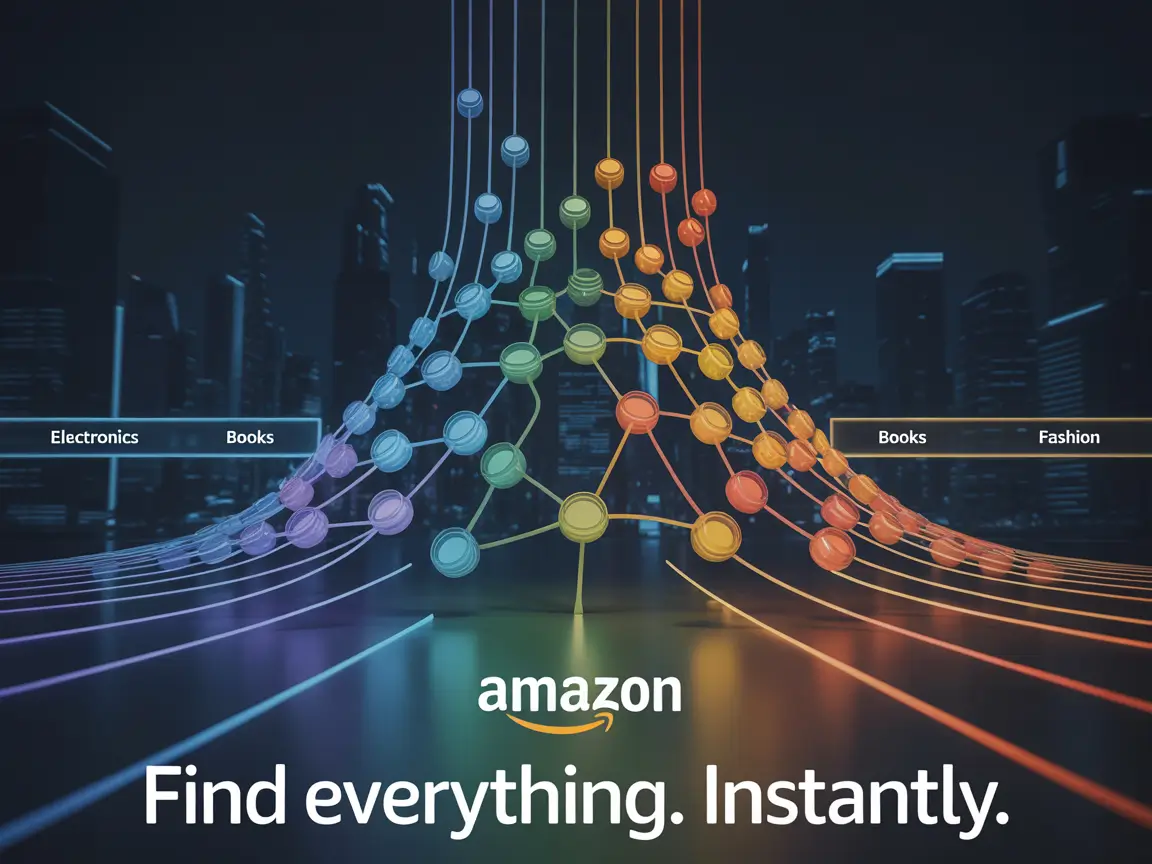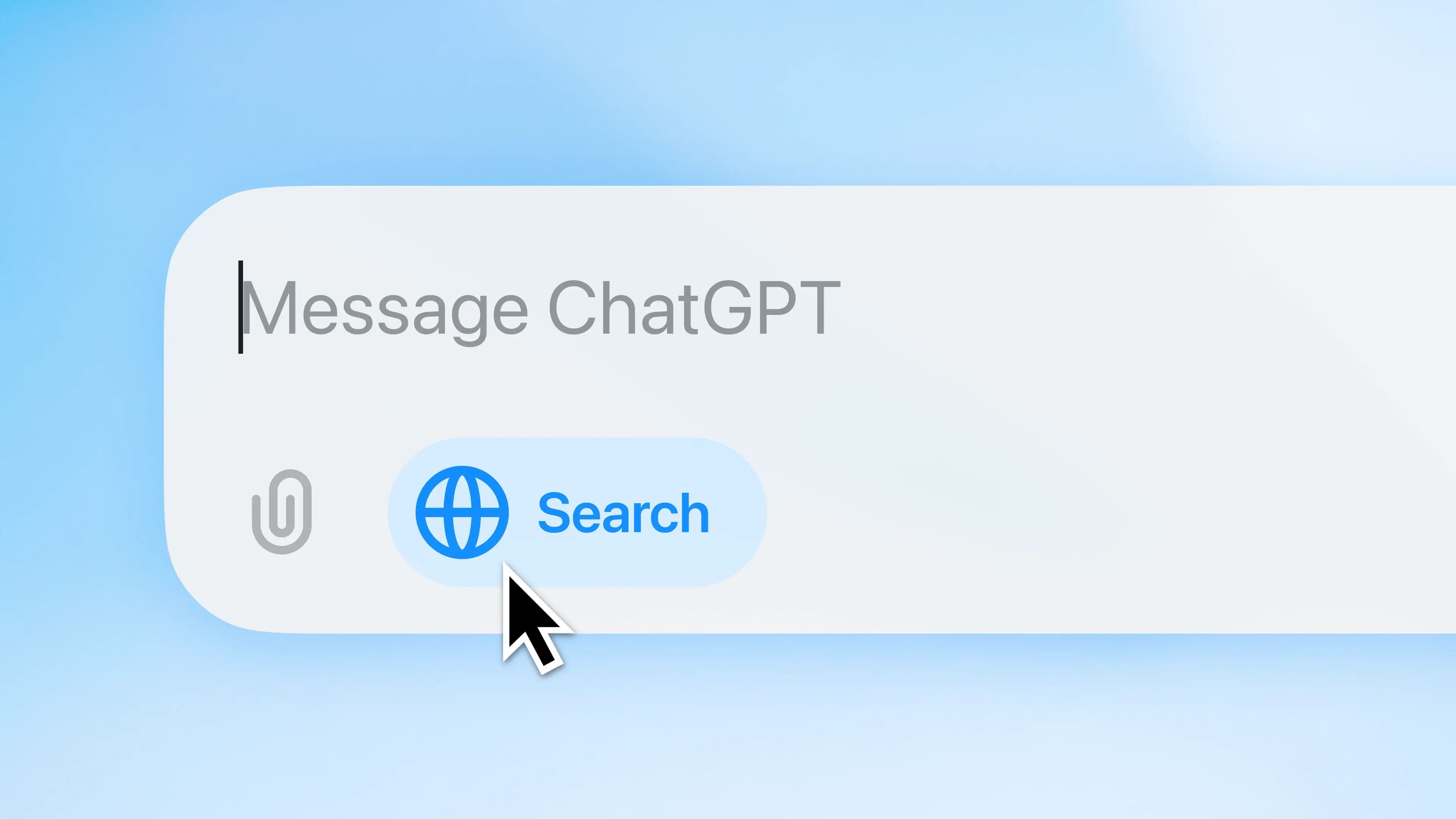
Debugging:
- Featured Image URL: https://seo-experiments.net/assets/chatgpt-search.webp
- Alt-Text:
As a digital marketing and SEO professional, my natural instinct when testing any new search tool is to start with what I know best - my own digital footprint and the tool itself. The results from ChatGPT Search proved both fascinating and revealing.
The Self-Search Experiment
My first query was simple: I searched for my own content and online presence. The results were eye-opening:
The system recognized only about few of my published articles
It kept circling back to the same 3-4 pieces repeatedly
Several of my highest-ranking articles were missing
Cross-platform content was poorly connected
The Meta-Search Test
Next, I searched for information about ChatGPT Search itself:
Coverage was limited to major tech publications
The same sources were cited repeatedly
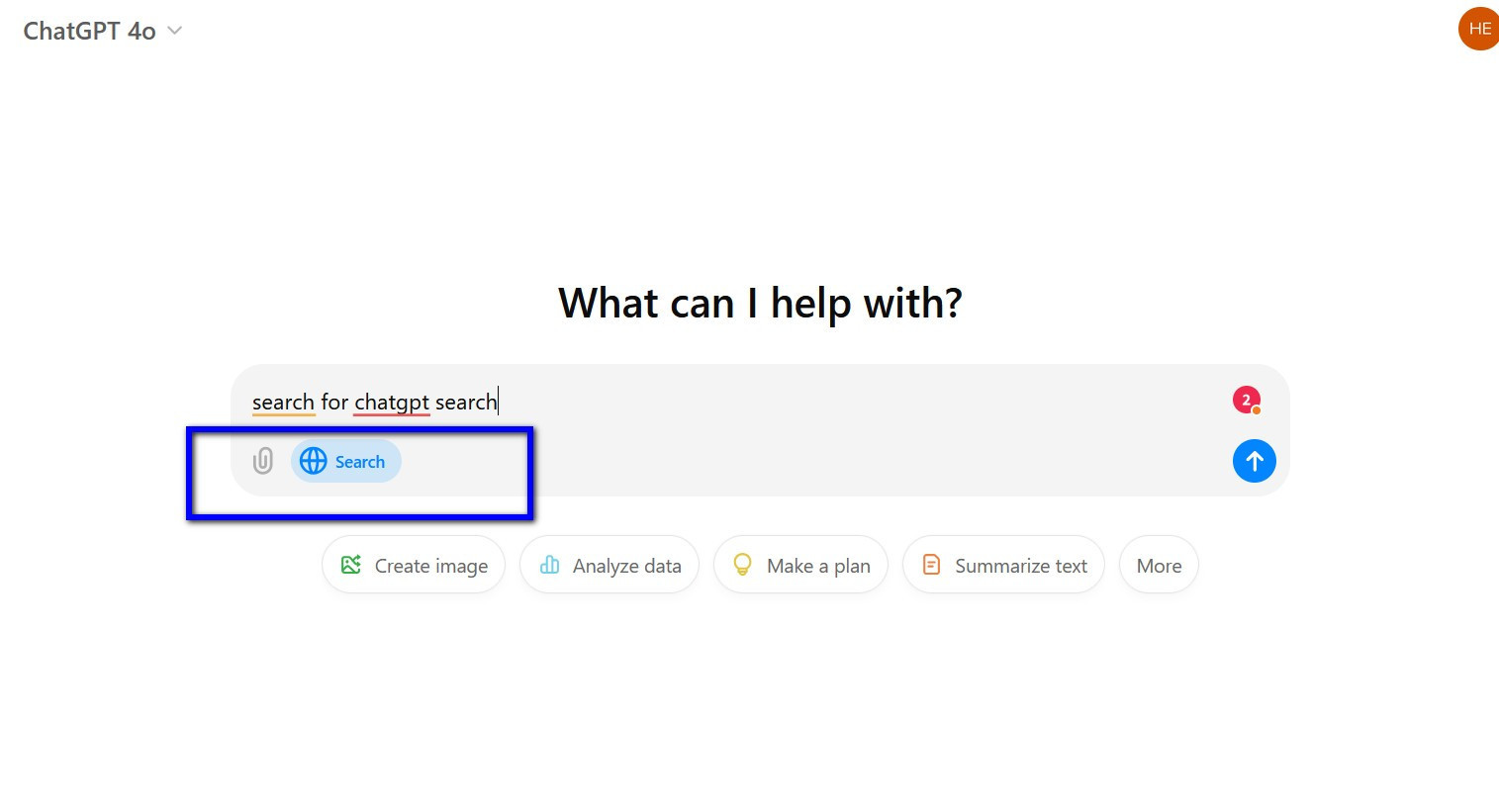
Pattern Recognition
Through these initial tests, clear patterns emerged:
Content Selection
Heavy reliance on major platforms
Repetitive use of the same sources
Limited historical depth
Inconsistent coverage across platforms
Information Processing
Clear preference for partner content
Structured information presentation
Strong citation practices
Limited cross-referencing
System Architecture and Background
Technical Foundation
ChatGPT Search is built on:
Customized GPT-4o model
Specialized search algorithms
Partner content integration
Real-time data processing
Publisher Network
Key partnerships include:
Associated Press
Axel Springer
Condé Nast
Financial Times
Le Monde
Reuters
The Atlantic
Vox Media
Advantages
Strength Areas
Information Quality
High-quality source material
Clear attribution
Structured responses
Fact verification
User Experience
Natural language processing
Conversational interface
Quick response times
Intuitive follow-up handling
Data Integration
Real-time information
Market data
Weather updates
Sports scores
Limitations
Current Challenges
Content Coverage
Limited platform inclusion
Incomplete historical data
Missing specialized content
Platform bias
Search Depth
Repetitive results
Shallow historical reach
Limited cross-referencing
Inconsistent updates
Industry-Specific Issues
Poor recognition of technical content
Limited industry forum inclusion
Incomplete professional networks
Missing expert content
Practical Implications
For Digital Marketers
The selective nature of ChatGPT Search suggests:
Content Strategy
Focus on major platforms
Build relationships with key publishers
Maintain diverse distribution
Consider partner platforms
Visibility Planning
Strategic platform selection
Content syndication
Authority building
Cross-platform presence
For Content Creators
Key considerations include:
Platform Choice
Priority for recognized platforms
Partner site targeting
Authority site focus
Distribution strategy
Content Optimization
Quality over quantity
Clear attribution
Structured information
Partner alignment
Future Outlook
Development Potential
Areas for improvement:
Broader content recognition
Better cross-platform integration
Improved historical coverage
Enhanced update frequency
Wider platform inclusion
Industry Impact
Expected developments:
Expanded partnerships
Improved content recognition
Better historical indexing
Enhanced cross-referencing
Updated content integration
Conclusion
My experiments with ChatGPT Search reveal a tool that, while sophisticated, currently offers a limited view of the digital landscape. The tendency to repeatedly reference the same examples and sources, even when more relevant content exists, indicates significant room for growth.
The system's selective nature, while ensuring quality, creates notable gaps in coverage that professionals need to be aware of. This is particularly evident in specialized content areas and cross-platform recognition.
For digital marketing professionals, ChatGPT Search should be viewed as a complementary tool rather than a primary search solution. Its current limitations in recognizing diverse content sources and connecting cross-platform presence suggest that a multi-tool approach remains necessary for comprehensive digital marketing and SEO work.
The future success of ChatGPT Search will likely depend on its ability to expand beyond these current limitations while maintaining its high standards for content quality. Until then, digital marketing professionals should maintain a balanced approach, leveraging both traditional and AI-powered search tools to ensure comprehensive content discovery and visibility.

